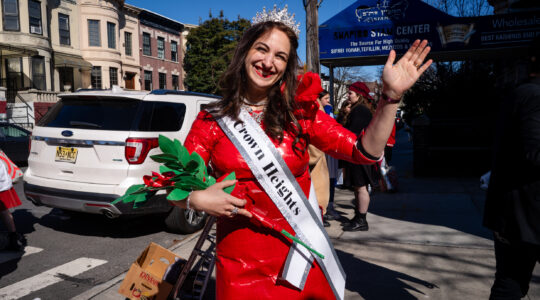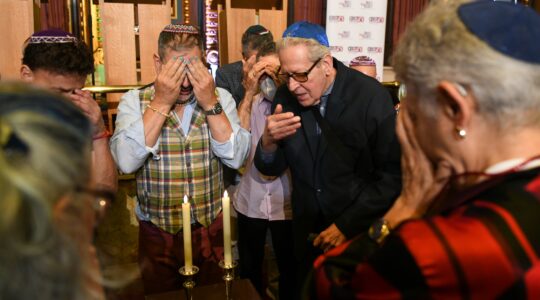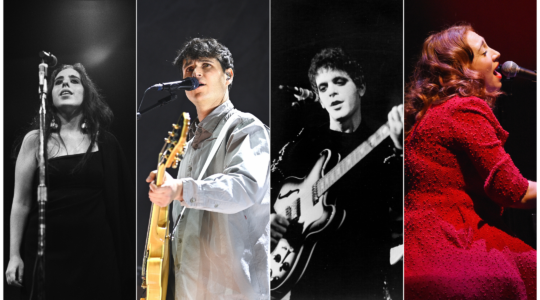As we kindle the Chanukah candles and recall the miracle of the one-day supply of pure Oil that burned for eight days, we also commemorate the victory of the Maccabees over the Hellenists.
There were Jews who lived through the Chanukah miracle whom we don’t remember at all. They were the “spectators,” the ones who stood on the sidelines and did nothing.
Chanukah Then and Now
We shouldn’t judge those spectators harshly. Joining the battle was Dangerous. (The only Chanukah “danger” nowadays is that you Might gain weight if ou we eat too many latkes.)
Seriously, today there are many ways to get up from the sidelines and celebrate.
As a very young child, I looked forward to lighting the candles because that’s when a gift—even a small one—might arrive. There were years when my siblings and I added our own ritual—selecting a candle and betting whose candle would go out last.
Today, my Chanukah is an opportunity for family gatherings and a renewed commitment to God and the people of Israel. It is also a time to ask myself “Am I being a spectator in my own life?”
A psychologist in Louise Penny’s fictional “Still Life” eloquently discusses this issue:
“I think…..That many people love their problems. It gives them all sorts of excuses for not growing up and getting on with life. …These people are…waiting for someone to save them. …or at least protect them from the big bad world. …The problem is theirs and so is the solution.”
Getting On with Life
When I was finishing seventh grade, my counselor From the NJ Commission for the Blind assigned to me what I considered to be an unfair task:
“You need to contact the teachers with whom you will study next year. Explain to them that you are a student who is blind. Ask them for a list of books you will be using. Then, you can try to find these books in Braille or arrange for them to be transcribed into Braille.”
How unfair! The other students didn’t have to write to THEIR teachers. It took me years to understand that the counselor was challenging me to grow up—to become a participator rather than a spectator.
Having a disability might mean that it takes more time and effort to manage your life. Is that fair?
Here’s my answer:
Every adolescent has challenges—working out a new relationship with parents, finding friends, doing well in school, and starting to learn about earning money. Is it fair to completely shield adolescents and adults with disabilities from these challenges?
A Crucial Difference
Unlike the psychologist’s patients, we as individuals and as a people are not expected to “go it alone.” Like the Maccabees, we can be active in trying to make the world and our lives better, but we can also turn to God and the tradition of our people when the challenges seem overwhelming.
I wish all of you a joyous Chanukah celebration, and a life as a participator, not a spectator.
Rabbi Michael Levy: As a founding member of Yad Hachazakah, the Jewish Disability Empowerment Center, Rabbi Levy strives to make the Jewish experience and Jewish texts accessible to Jews with disabilities. In lectures at Jewish camps, synagogues and educational institutions, he cites Nachshon, who according to tradition, boldly took the plunge into the Red Sea even before it miraculously parted. Rabbi Levy elaborates, “We who have disabilities should be Nachshons, boldly taking the plunge into the Jewish experience, supported by laws and lore that mandate our participation.” Rabbi Levy is currently director of Travel Training at MTA New York City Transit. He is an active member of Congregation Aish Kodesh in Woodmere, N.Y. He invites anyone who has disability-related questions to email him.
The New York Jewish Week brings you the stories behind the headlines, keeping you connected to Jewish life in New York. Help sustain the reporting you trust by donating today.




